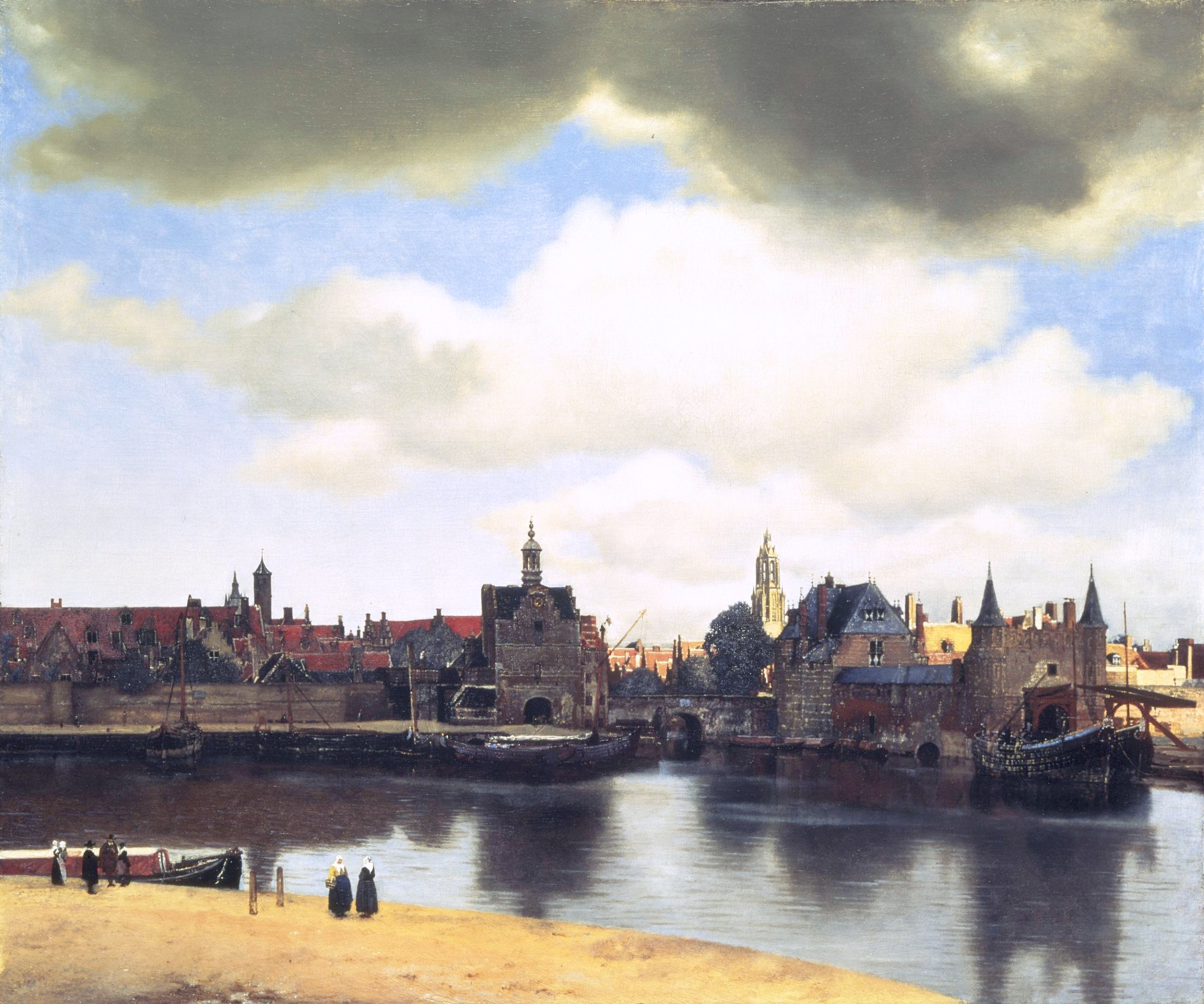An excursion into the realm of painting could be tempting, but in the framework of this book we should be more concerned with the meaning and origin of the word landscape. So I browsed through a number od encyclopaedias and dictionaries, only to find out that they were remarkably unanimous on the subject. In every source, the key words turned out to be PAINTING, DUTCH and LATE 16TH CENTURY. The New Oxford Dictionary of English tells us that the word landscape entered the English language in the late 16th century, derived from the Middle Dutch word lantscap “denoting a picture of natural scenery”. In Collins’ Dictionary of English, the original Middle Dutch word is landskip, related to the Old English landscipe (tract of land) and the Old High German lantscaf (region). The Merrian-Webster’s Collegiate Dictionary also refers to the Dutch origin of the word Landscape and defines it as a term from the world of painting (“picture representing a view of natural inlan scenery”). An interesting detail is the extreme precision in the dating of the introduction of the word in the English Language: where others try to be reasonably accurate by giving descriptions like “16 C” or “late 16th C”, Merriam-Webster comes up with the exact year 1598. (…) We are told by William Shakespeare that a rose is a rose, regardless of the name we give it. But is a landscape a landscape under any given name? The answer is not to be found in the great poet’s collected work, as the word landscape simply did not exist in Shakespeare’s days. What we can do is find out how people all over the word express themselves when they express the equivalent for “landscape” in their own language. What do they say and, more important, what do they mean with the word they use? Is landscape really a landscape at the other end of the word?
In Germanic languages the keyword is LAND, in all of these languages the common term to describe a REGION or a TERRITORY. We can easily trace the Dutch word landschap in its equivalents landscape, Landshaft (German), landskab (Danish) and landscap (Norwegian and Swedish). (…)
More surprising is the similarity we find in the Romance language group. (…) What happened was that the root of the word landscape (land) was translated into each of the Romance languages to become the root of a new word, used to describe a new idea borrowed from Northern countries. The words paysage (french), paesaggio (Italian), paisaje (Spanish) and paisagem (Portuguese) show the close relationship between the Romance languages when it comes to defining the term “landscape”.
Han Lorzing, The Nature of Landscape. A Personal Quest (2001)

